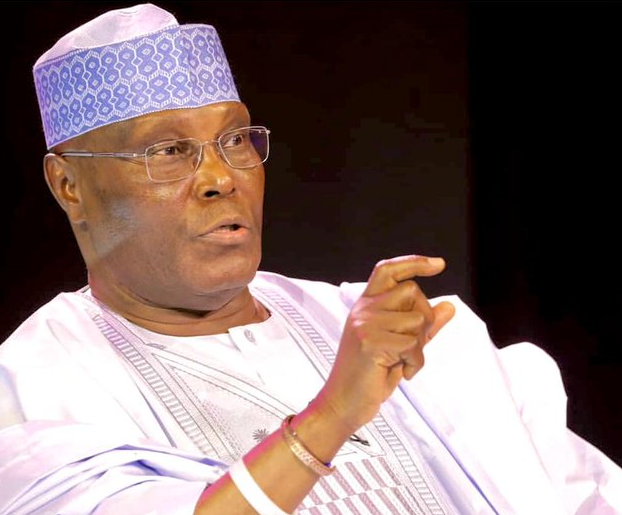Presidential Candidate of the Peoples Democratic Party (PDP), Atiku Abubakar, has told President Bola Tinubu that the Supreme Court can accept fresh evidence of alleged forgery in his challenge of the outcome of the February 25 election.
The Supreme Court will on Monday commence hearing in the appeals by the three political parties challenging the election with a major ruling to focus on the leave by Atiku to file copies of the deposition of the Chicago State University (CSU) in USA on Tinubu’s diploma to the Independent National Electoral Commission (INEC).
Tinubu’s lawyers had asked the apex court not to entertain the fresh 32-page depositions as they were brought outside the 180 days provided by the Electoral Act, 2022 for the hearing of the petition against the February 25 presidential election.
In the reply to the application for leave filed by Atiku, counsel to Tinubu, Wole Olanipekun (SAN) submitted that the apex court lacked the necessary jurisdiction to receive and decide on the fresh evidence at this stage of the appeal.
Tinubu orders release of lecturers’ salaries withheld over ASUU strike
Nationwide hardship: These challenges are temporary, Tinubu tells Nigerians
But the lead counsel to Atiku, Chris Uche (SAN) said contrary to Tinubu’s submission, “there is no such constitutional limit of 180 days on the lower court to hear and determine a presidential election petition, such that can rob this honourable court to exercise its power in any manner whatsoever.”
According to Uche, the constitution is both the grundnorm of the land which supersedes any other legislation, and the time limit for determining election disputes involving assembly and governorship, at the lower tribunals does not in Section 285(6) apply to the Court of Appeal, and by extension, the Supreme Court.
“Thereafter, the constitution was intentional and deliberate in setting the 180 days limit only for election tribunals, and not for the Court of Appeal. On the other hand, when it came to appeals, the constitution clearly and expressly extended the same to the Court of Appeal.
“The constitution clearly excluded Court of Appeal in the preceding subsection,” he submitted
He cited Section 233 subsections (1) and (2)(e)(i) of the constitution which provides that, “The Supreme Court shall have jurisdiction, to the exclusion of any other court of law in Nigeria, to hear and determine appeals from the Court of Appeal.
“An appeal shall lie from decisions of the Court of Appeal to the Supreme Court as of right in the following cases – (e) decisions on any question – (i) whether any person has been validly elected to the office of President or Vice President under this constitution.”

 Join Daily Trust WhatsApp Community For Quick Access To News and Happenings Around You.
Join Daily Trust WhatsApp Community For Quick Access To News and Happenings Around You.


